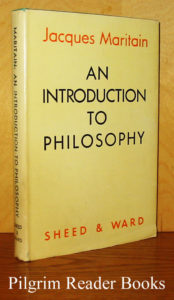 |
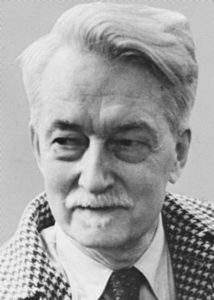 |
Theology Judges the Conclusions of Philosophy
As the superior science, theology judges philosophy in the same sense that philosophy judges the sciences. It therefore exercises in respect of the latter a function of guidance or government, though a negative government, which consists in rejecting as false any philosophic affirmation which contradicts a theological truth. In this sense theology controls and exercises jurisdiction over the conclusions maintained by philosophers.
The premisses of philosophy, however, are independent of theology, being those primary truths which are self-evident to the understanding, whereas the premisses of theology are the truths revealed by God…[philosophy] develops its principles autonomously within its own spheres, though subject to the external control and negative regulation of theology.
——————————————-
Theology can turn the investigations of philosophy in one direction rather than in another, in which case it may be said to regulate philosophy positively by accident (per accidens). But absolutely speaking theology can regulate philosophy only negatively, as has been explained above. Positively it does not regulate it either directly, by furnishing its proofs (as faith for apologetics), or indirectly, by classifying its divisions (as philosophy itself classifies the sciences).
———————————————
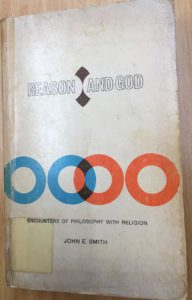
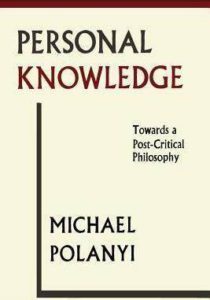
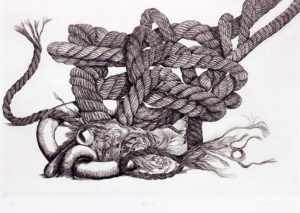

 The problem of evil is arguably the most intractable problem facing the theist. The first challenge for the theist is the logical problem of evil which says that the set of propositions comprising the following – (1) An omnipotent God creates this world, (2) God is perfectly good, (3) This world is not perfectly good, i.e. evil exists – is an inconsistent set. Holding to any two of these propositions requires dropping the third to avoid the problem of contradiction. For example, that evil exists demands either God is good but not omnipotent (since he fails to prevent evil) or that God is omnipotent but not truly good (since he allows evil despite having the power to prevent it).
The problem of evil is arguably the most intractable problem facing the theist. The first challenge for the theist is the logical problem of evil which says that the set of propositions comprising the following – (1) An omnipotent God creates this world, (2) God is perfectly good, (3) This world is not perfectly good, i.e. evil exists – is an inconsistent set. Holding to any two of these propositions requires dropping the third to avoid the problem of contradiction. For example, that evil exists demands either God is good but not omnipotent (since he fails to prevent evil) or that God is omnipotent but not truly good (since he allows evil despite having the power to prevent it).